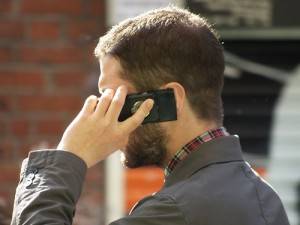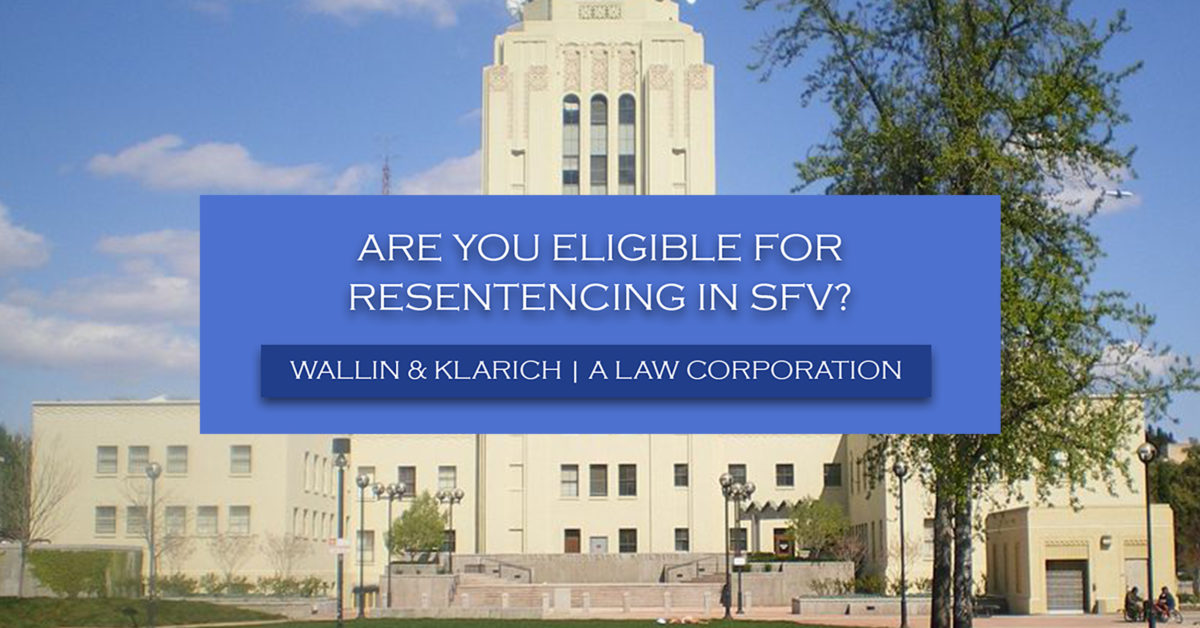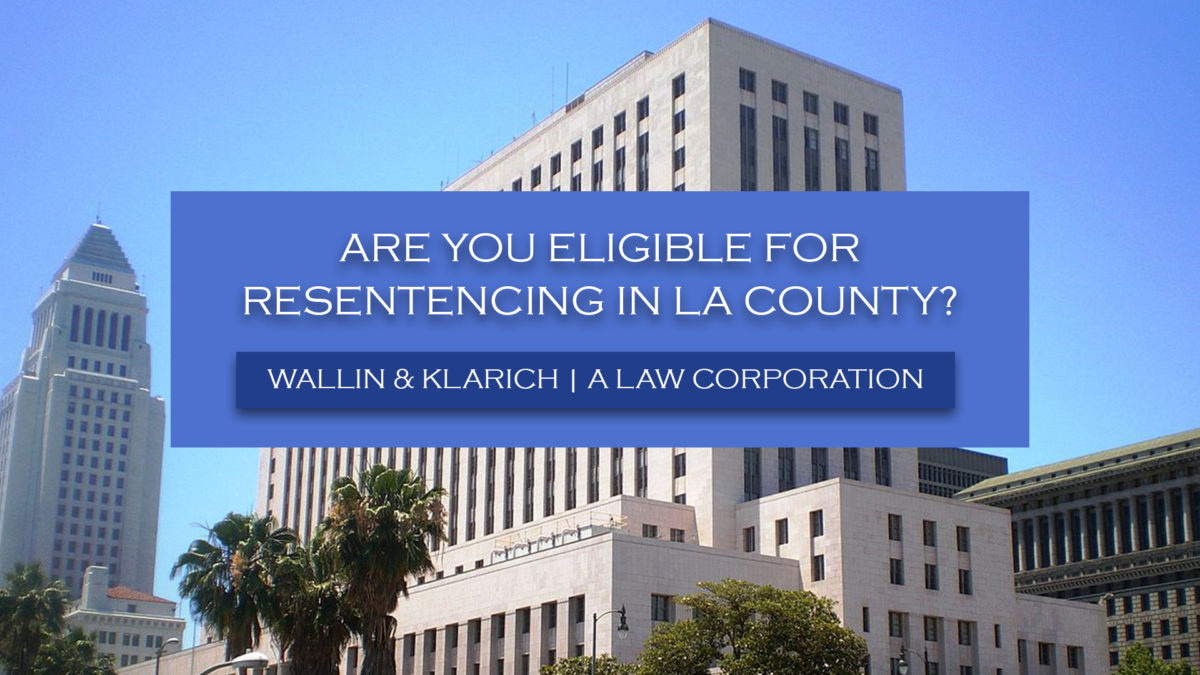Does an Anonymous Tip Give Police Probable Cause?
Under the Fourth Amendment, police officers must have probable cause before they can arrest you. This means that police officers must have a reasonable suspicion that you committed a crime before you can be legally arrested for that crime.

Generally, probable cause is established when an officer sees you commit the crime or has direct or circumstantial evidence, such as you running from the crime scene. Probable cause is also sometimes established when someone else sees you commit a crime. Informants can give police information that helps law enforcement develop probable cause, depending on the quality of the information and the credibility of the informant.
It is usually more difficult to develop probable cause from an anonymous informer because there is no basis for credibility hence, no reason to trust the quality of the information. However, the U.S. Supreme Court ruled that anonymous tips can substantiate probable cause. 1
Supreme Court Rules on Anonymous Tips and Probable Cause
Recently, in a 5-4 ruling, the U.S. Supreme Court held that law enforcement officers can stop you based entirely on an anonymous 911 call. In the case of Navarette v. California, someone called 911 saying she had been run off the road by a pickup truck. The anonymous caller gave the 911 operator the make, model and license plate number of the pickup truck as well as the location of where she was allegedly ran off the road. Police stopped the driver of the truck, smelled marijuana and discovered 30 pounds of marijuana. Navarette was arrested but argued the police had no probable cause for the initial stop as they had no way of establishing the identity or reliably of the anonymous caller. 2
The majority of the Supreme Court did not agree, holding that police can stop someone if the information obtained from an anonymous informant provides enough detail to create reasonable suspicion of a crime. In Justice Thomas’ majority opinion, he concluded that the caller was an eyewitness who was forced off the road leading police to believe the pickup truck driver was drunk. Thomas also felt it was reasonable to rely on the information given by anonymous 911 callers because the calls are recorded and the service can track and identify callers. 3
In the dissent, Justice Scalia called the majority opinion a “freedom-destroying cocktail” that puts everyone on the road at risk of false reports called in by malevolent tipsters.
Share Your Feedback With Us
The Supreme Court ruled that an anonymous 911 call or a tip to police can be enough to establish probable cause. We would like to hear your thoughts on this ruling.
Do you agree with the Supreme Court ruling regarding anonymous informants and probable cause? What are some of the issues that the Supreme Court ruling may cause? Do you agree with Justice Thomas and the majority vote, or do you agree with Justice Scalia that the ruling puts us all at risk? Please feel free to leave your comments below.
1. [https://verdict.justia.com/2013/10/16/u-s-supreme-court-considers-anonymous-tips]↩
2. [http://www.scotusblog.com/case-files/cases/navarette-v-california/]↩
3. [http://www.npr.org/2014/04/22/305993180/court-gives-police-new-power-to-rely-on-anonymous-tips]↩



